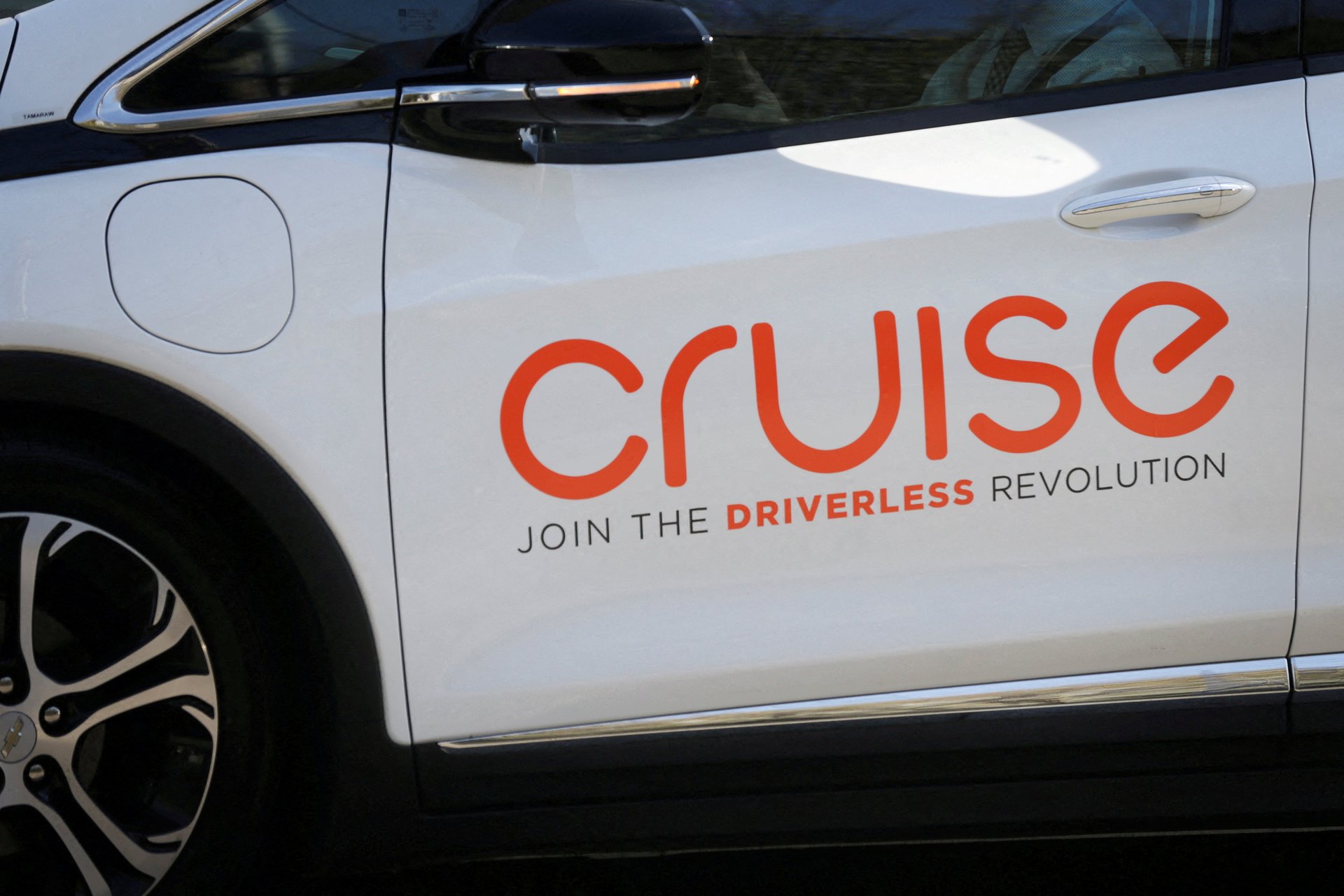GM taps ex-Amazon and Microsoft exec to lead self-driving startup Cruise amid comeback
Incoming CEO Marc Whitten's first big break was as a founding member of Xbox in 2000

General Motors has added two more members to the executive team overseeing self-driving startup Cruise’s comeback, including a new chief executive officer.
Suggested Reading
Marc Whitten, one of the key engineers behind Microsoft’s Xbox video game console, will take over as CEO on July 16. In a statement, GM CEO Mary Barra touted Whitten’s “extensive experience in scaling products and building ecosystems around them.” The industry veteran has had stints leading Sonos’ development of smart speakers and software and overseeing Amazon’s entertainment devices and services division.
Related Content
“Joining Cruise is the easiest ‘yes’ in my career,” Whitten wrote on LinkedIn. I’m inspired by its deep and meaningful mission and world-class technology, and most importantly the incredible team driving both of these things forward.”
Cruise has also hired Nick Mulholland as its chief communications and marketing officer. Mulholland had previously led global communications at electric truck maker Rivian.
They join Cruise at a pivotal time in the company’s history as it attempts to regain the public’s trust. Last October, one of its self-driving cars dragged a pedestrian for roughly 20 feet after a separate — human-operated — car hit them.
The incident cost the company its license to operate robotaxis in San Francisco and led to a recall of Cruise’s fleet, the resignation of former CEO and co-founder Kyle Vogt, and the departure of several other key executives. Cruise also halted all testing across the U.S.
Since then, Cruise has hired a new chief safety officer and published a highly critical third-party report detailing the company’s poor leadership, mistakes in judgment, and lack of coordination. The company has said it “maintained ongoing and extensive testing in complex, dynamic simulated environments and on closed courses” during its almost six-month operational freeze.
In April, Cruise resumed manual testing in Phoenix, before launching supervised autonomous driving tests a month later. Earlier this month, Cruise resumed manual driving tests in Dallas, where it had been in its final testing phase before the October incident.
Meanwhile, rival autonomous vehicle company Waymo on Tuesday opened its 24/7 robotaxi service to anyone in San Francisco, noting that almost 300,000 people have signed up for its services. The Google-backed firm is planning to soon test fully autonomous rides across California’s San Francisco Peninsula.